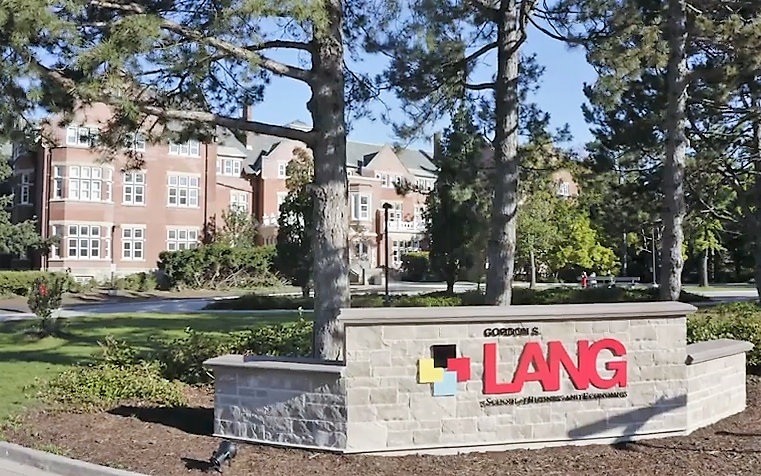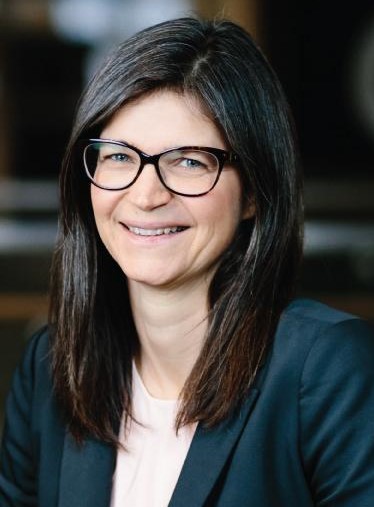 Companies such as Hello Fresh, FedEx, Samsung and Labatt are looking to University of Guelph business students to solve some of their real-world ethical and corporate problems through fast-paced case competitions.
Companies such as Hello Fresh, FedEx, Samsung and Labatt are looking to University of Guelph business students to solve some of their real-world ethical and corporate problems through fast-paced case competitions.
Students in two core bachelor of commerce courses at the Gordon S. Lang School of Business and Economics will apply the lessons they’ve learned all semester to compete head-to-head for the chance to present their ideas to company executives.
First-year students in MGMT 1000, Introduction to Business, will participate in the Great Ethical Dilemma next week, a competition begun in 2016 that is being held virtually this year. The event gives students just 36 hours to come up with solutions to their assigned ethical dilemma and to record and submit a video presentation.
Previous years have seen teams imagining themselves as buyers for a clothing maker whose main fur supplier has been accused of mistreating animals. If they terminate the supplier, they risk losing their team’s bonus; if they do nothing, they face damaging their brand’s reputation.
“These are dilemmas where there are potentially two right answers depending on the ethical lens they use to analyze the problem and the situational context,” said course instructor Prof. Kathleen Rodenburg.

Students have spent the semester learning the fundamentals of ethical decision-making, as well as the industry workings of a dozen Canadian companies, including Telus, Rogers and Uber.
“They have to use that knowledge to then solve these dilemmas with solutions that fit their organization’s culture and goals,” she said.
Three top-ranked teams move to the finals, where executives from some of the companies they studied review their proposals and pick a winner. The final event, sponsored by CPA Ontario, is conducted fully online along with Lang School donor Stu Lang and the school’s dean, Lysa Porth.
At the other end of the B. Comm. program, fourth-year students engage in a slightly different case competition. Rather than consider hypothetical ethical problems, they are asked to solve actual challenges facing a single company.
This year, that company is Labatt.
Students have studied the company and its industry as well as strategic management principles throughout the semester. Working in teams, they will devise action plans for such challenges as building a strong e-commerce strategy during a pandemic, increasing awareness of the company’s many brands or engaging more customers in the key 19- to 24-year-old target market.

“These are problems our industry partners are actually thinking about, and they are genuinely interested in hearing the solutions students have developed,” said course instructor Prof. Nadège Levallet.
Students will present their recommendation during an online poster competition on Nov. 26 to identify the top three teams for eight projects.
For students, the competition is an ideal way to network with industry leaders and to develop skills they can leverage on their résumés.
“There are benefits for the companies too,” said Levallet. “Not only can they engage in recruitment, they also expose students to their brand. They may also hear some fresh ideas from the proposed action plans, which just happen to be delivered to them by one of their target markets.”
Integrating applied learning with industry engagement is what makes these competitions a great introduction to the workings of the corporate world, said Rodenburg.
“These are some of Canada’s best industry leaders judging these teams. As academics, we can teach students the fundamentals, but it’s those working in the corporate space who have the inside knowledge to judge the best solutions for their industry.”
Contact:
Prof. Kathleen Rodenburg
krodenbu@uoguelph.ca
Prof. Nadège Levallet
nlevalle@uoguelph.ca
Below is a video of past Ethical Dilemma Case Competitions: